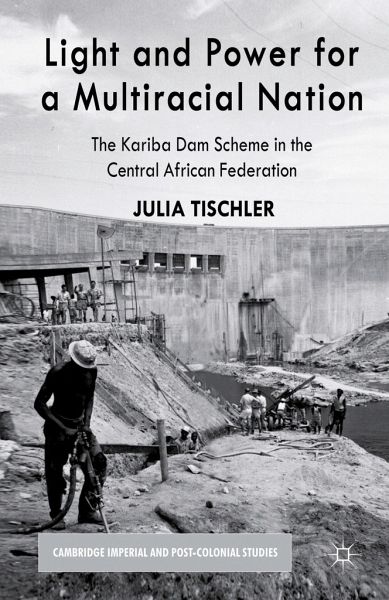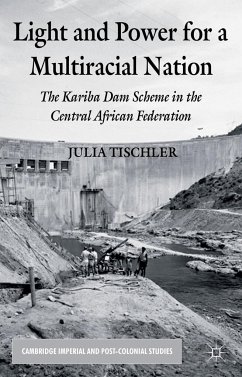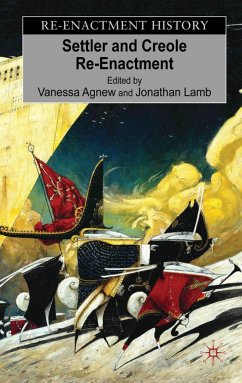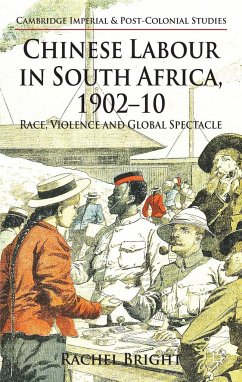
Light and Power for a Multiracial Nation
The Kariba Dam Scheme in the Central African Federation
Versandkostenfrei!
Versandfertig in 6-10 Tagen
83,99 €
inkl. MwSt.
Weitere Ausgaben:

PAYBACK Punkte
42 °P sammeln!
'Modernisation' was one of the most pervasive ideologies of the twentieth century. Focusing on a case study of the Kariba Dam in central-southern Africa and based on an array of primary sources and interviews the book provides a nuanced understanding of development in the turbulent late 1950s, a time when most colonies moved towards independence.














